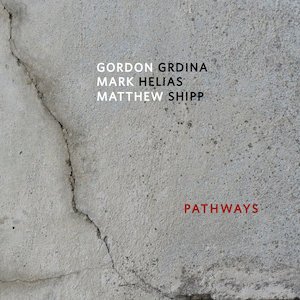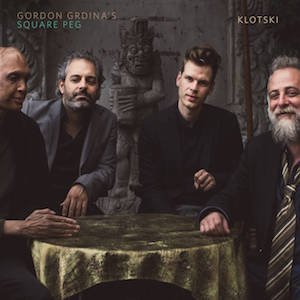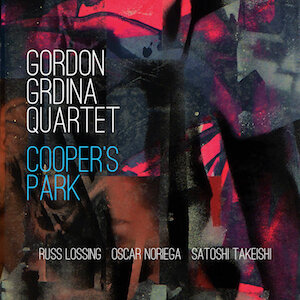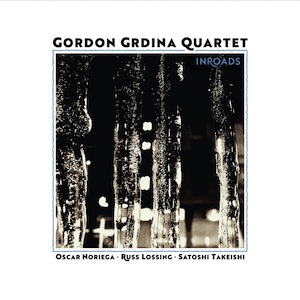Label: Attaboygirl Records, 2024
Personnel - Gordon Grdina: oud; Hank Roberts: cello; Mark Helias: bass; Fathieh Honari: vocals; Hamin Honari: percussion.
Gordon Grdina is a versatile Canadian artist who moves effortlessly between a disparity of styles, including free-form improvisation, structured avant-garde jazz, and world music. While proficient on both guitar and oud, Grdina showcases his mastery of the latter instrument in his latest release, The Marrow, which is deeply rooted in Persian tradition. Leveraging Western improvisational expertise from seasoned veterans of the downtown New York scene like bassist Mark Helias and cellist Hank Roberts, alongside the modal Persian approach of percussionist Hamin Honari and vocalist Fathieh Honari, Grdina orchestrates a rich musical landscape.
The first track, “Not of Them”, is an immersive Grdina composition featuring sublime oud playing characterized by humming liquidity and shinning microtonal chromatics, and Fathieh's ethereal vocals reciting a poem by Rumi. “Break the Branch” follows a similar conceptual framework, but while the former presents a synergistic danceable form - with vibrant percussion, stable bass footing, and chanting cello lines in sync with the oud - the latter, set in motion by Helias’ extraordinary bass mobility, grows in intensity with Grdina and Fathieh taking a center stage.
“Raqib”, composed by Iranian composer Hossein Samadi, is deceptively simple in its rattling percussion, droning cello/bass rumination, and wandering oud spirits before blossoming into a sultry dance. The album concludes with “Qalandar”, a Balushi traditional piece, whose introductory murky tones evoke a somberly ambiguous atmosphere that later veers into a more celebratory, straighten out passage.
While the ensemble achieves an assured attitude and spontaneous energy, The Marrow may lack the surprising factor often associated with Grdina’s improvisation-leaning works. Bringing into play repeated, slowly evolving vamps, the tracks seem a bit too long, stuck in traditional folk and classical Persian webs. Nonetheless, it offers a lush balance between each composition, catering to the tastes of world music enthusiasts and showcasing the quintet's collective virtuosity.
Favorite Tracks:
01 - Not of Them ► 04 - Break the Branch














